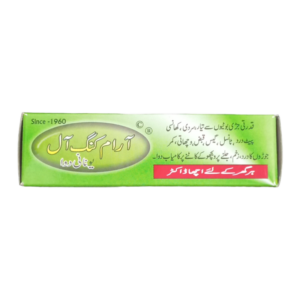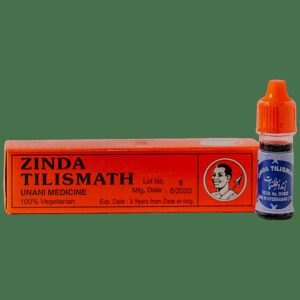AYURVEDIC + UNANI PREPARATION
Ayurvedic: Ayurvedic is not a specific drug but a traditional system of medicine that originated in India over 3,000 years ago. It encompasses a holistic approach to healing, focusing on maintaining a balance between mind, body, and spirit to promote overall health and well-being.
The use of Ayurvedic medicine involves a variety of natural therapies, including herbal remedies, dietary changes, meditation, yoga, and massage. The goal is to restore balance and treat the underlying cause of illness rather than just addressing the symptoms.
The mechanism of action of Ayurvedic treatments can vary depending on the specific herbs or therapies used. Ayurvedic herbs are believed to work by supporting the body’s natural healing processes, reducing inflammation, promoting detoxification, and improving overall immune function.
The dosage of Ayurvedic treatments can also vary depending on the specific herb or remedy being used. It is generally recommended to consult with a qualified Ayurvedic practitioner for appropriate dosage instructions.
While Ayurvedic medicine is generally considered safe when used correctly, it is important to note that it may not be suitable for everyone. Some herbs used in Ayurvedic treatments may have potential side effects or interactions with certain medications. Additionally, the quality and safety of Ayurvedic products can vary, so it is crucial to ensure they are obtained from reputable sources and are free from contaminants.
Some potential side effects or risks associated with Ayurvedic treatments include allergic reactions, interactions with other medications or medical conditions, and the potential for heavy metal contamination in certain herbal preparations. It is crucial to consult with a healthcare professional or Ayurvedic practitioner before incorporating any Ayurvedic treatments into your healthcare regimen, especially if you have any pre-existing medical conditions or are taking medications.
Unani Preparation: Unani Preparation refers to a traditional herbal remedy formulation used in Unani medicine, a system of medicine developed by Islamic scholars in ancient Greece and ancient Rome. It involves the use of natural substances like herbs, minerals, and animal products to promote healing and overall well-being.
The specific ingredients and formulations of Unani Preparations can vary, as they are often individualized based on the patient’s condition and symptoms. These preparations are typically prescribed by a qualified Unani physician.
The mechanism of action of Unani Preparations is not well-studied and understood in conventional scientific terms. However, it is believed that the various herbs and natural substances in the preparation may work synergistically to restore the balance of humors in the body, which is the basis of Unani medicine.
Regarding the dose of Unani Preparation, it is usually individualized by the Unani physician based on the patient’s age, overall health, and specific condition being treated. There is no standard recommended dose for these preparations.
As for side effects, the overall safety profile of Unani Preparations is not well-researched. However, some possible side effects may include allergic reactions, gastrointestinal disturbances like nausea or diarrhea, and interactions with other medications the patient may be taking. It is important to consult a qualified Unani physician before using these preparations to minimize the risk of adverse effects.
It is worth mentioning that Unani medicine is primarily based on traditional knowledge and practices, and its effectiveness and safety have not been extensively evaluated through rigorous scientific studies. Therefore, it is advisable to approach Unani medicine with caution and seek advice from qualified healthcare professionals for guidance on the use of these preparations.



